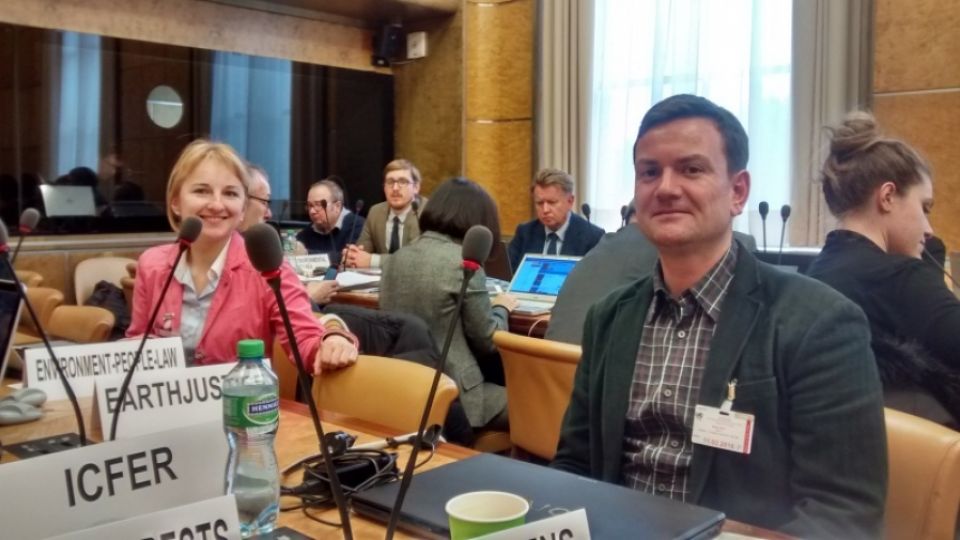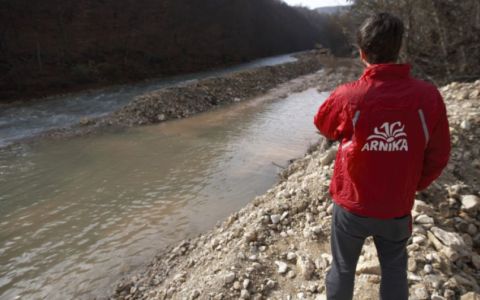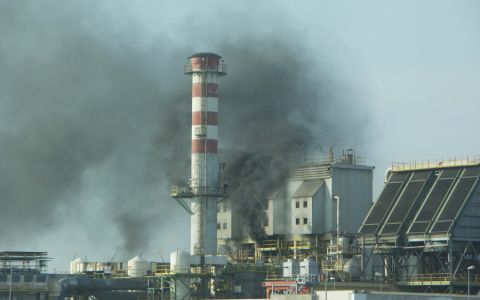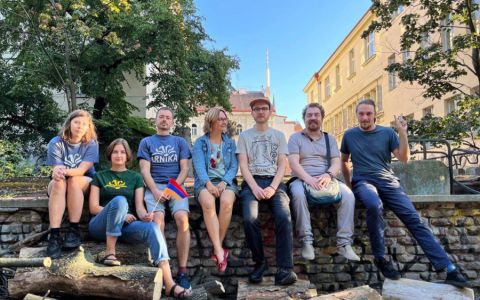GENEVA – Recently, the Palace of Nations in Geneva hosted the sixth session of the Task Force on public participation in decision-making on environmental issues under so called Aarhus Convention (1). The group of experts discussed the issue of early public participation, shared expertise and examples of good practices and named existing shortcomings. Representatives of European, Caucasian and Central Asian states, individual experts and non-governmental organizations have participated.
During the debates it became clear that the citizens are often involved to the processes at a very late stage, when the decision basically already has been made. In such case, the people exercise their rights only formally. "It is too late to ask the people at what design they would like to build a 50 km of a new road. It is necessary to turn to them earlier and ask: Which means of transport do you want to use to connect your towns? Maybe we will find out that we need new railway and no more roads," added as an example one of the lawyers.
Activists were outraged by a negative experience of Poland, where the public was given in all just 30 days for commenting on the intended construction of a new power station, while the documentation had two thousand pages. Public hearings are arranged after the working day, at 17:00 o´clock – so that the people can come. But the hearings may sometimes end at 2 o´clock at night. Such behavior of the state authorities certainly discourages the citizens to participate.
On the other hand, the meeting featured many good examples of effective public participation in environmental decision-making at the national, regional and local levels. The Aarhus Convention Bureau has collected them in such-called Maastricht Recommendation and welcomes all governments to take it as guidelines for their actions. Non-governmental organizations can also use international experience in their public-interest campaigns.
• Read and use the Maastricht Recommendations.
• You can access the documents from the meeting on the site of the United Nations.
(1) Aarhus Convention is an UNECE international convention on access to information, public participation in decision-making and access to justice in environmental matters.
Read more about the convention.







